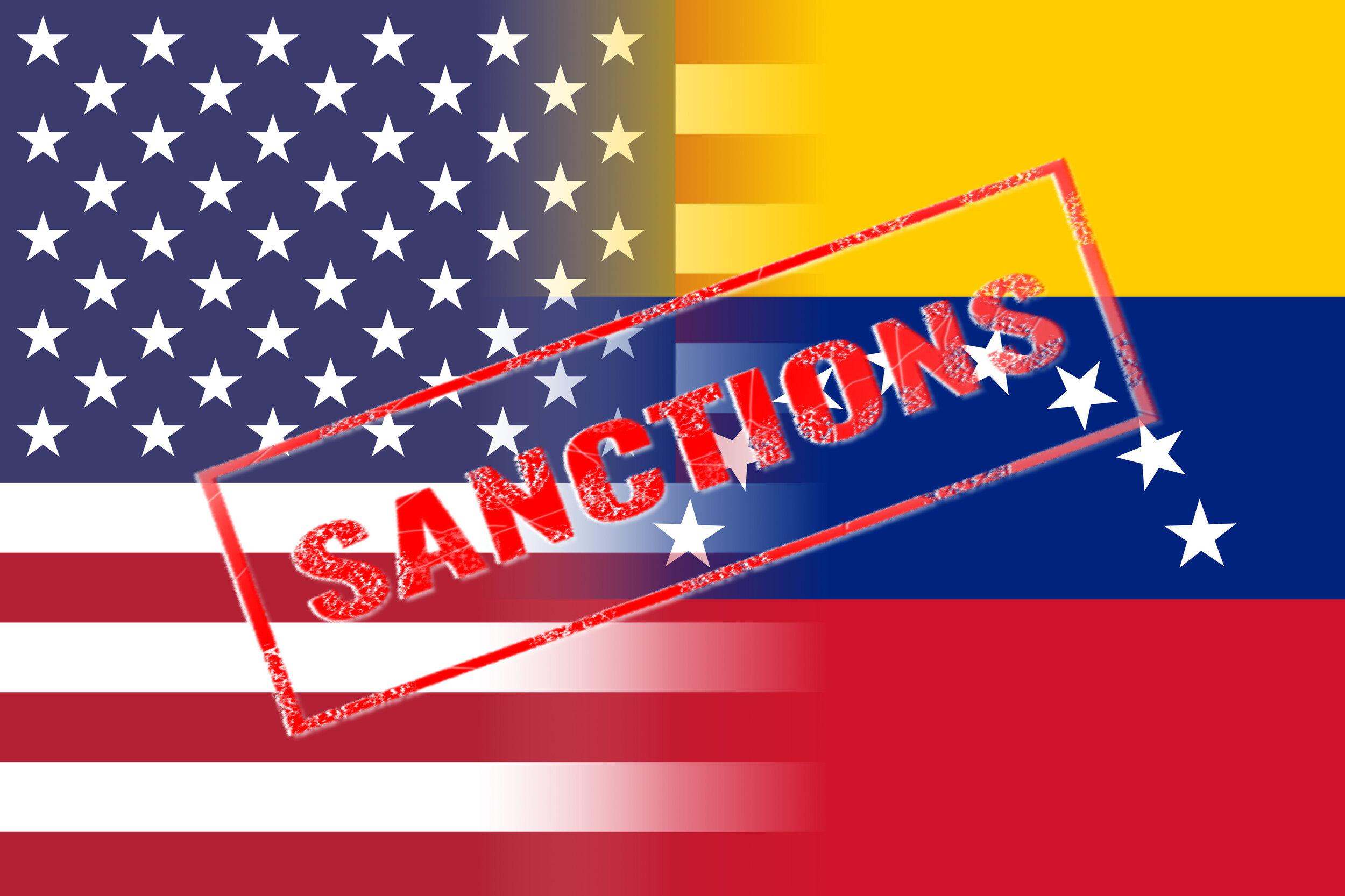On Monday, the Dept. of Homeland Security announced they were shutting down the so-called “Disinformation Governance Board” after backlash from multiple sources.
Washington Post suggested in the headline that the backlash came from the “right wing” but while there may have been swarms of internet commenters and Congressmen alike pointing out the stark similarities between the board and the “Ministry of Truth” from George Orwell’s book 1984, non-mainstream left-media publications, including Common Dreams also lined up Biden’s Truth Ministry for harsh words.
Top Republicans on the House intelligence Committee also blasted its establishment. In fact, representatives from the Homeland Security Committee itself, called the board on Wednesday “a political tool to be wielded by the party in control,” noting that DHS had not disclosed information to the committee about the program.
“This board was only successful in reinforcing that the Department of Homeland Security’s priorities are severely misplaced,” wrote two Reps. from the committees, Mike Turner (R – OH) and John Katko (R – NY).
Defending their baby, the DHS said “the Board has been grossly and intentionally mischaracterized: it was never about censorship or policing speech in any manner,” in a statement, according to AP.
The Hill reported that the Homeland Security Advisory Council will put the board through 75 days of review, and have already been tasked with providing recommendations on how the department “can garner public trust surrounding its disinformation efforts,” ignoring the fact that the backlash was not about whether the Ministry of Truth would be trustful, but whether Americans writ large or in Congress want it to exist at all.
Centered around the idea that if the Department charged with security of borders and travel routes in America should have any say over what is and is not disinformation it’s the sign that all is not well in the union.
There’s nothing partisan in pointing out that the director of the board, described as a “working group” was Nina Jankowicz, who, cited as a “disinformation expert” told major news outlets in 2019 that the Hunter Biden laptop story, first published by the New York Post, was “Russian disinformation”. Of course now the story is entirely accurate. The laptop did belong to Hunter Biden, and it contains extremely sensitive information about the younger Biden’s role on the board of the Ukrainian energy company Burisma, and of using his father’s name as influence in further dealings with Chinese corporate entities.
That can all be sorted out in court, but it certainly could have made a difference in the 2020 Presidential Election campaign.
Whether at the end of 75 days the Department will try to run back the Disinformation Governance Board remains to be seen, as well as what it will actually be doing, and the powers it has. It says it’s committed to countering disinformation from hostile governments, but statements have suggested to the contrary, for example the statement of resignation from Jankowicz.
“It is deeply disappointing that mischaracterizations of the Board became a distraction from the Department’s vital work, and indeed, along with recent events globally and nationally, embodies why it is necessary,” she wrote in a statement. If the Board is meant to protect from disinformation from foreign governments and international criminal organizations, it’s entirely unclear why “recent events… nationally” would embody its necessity.



